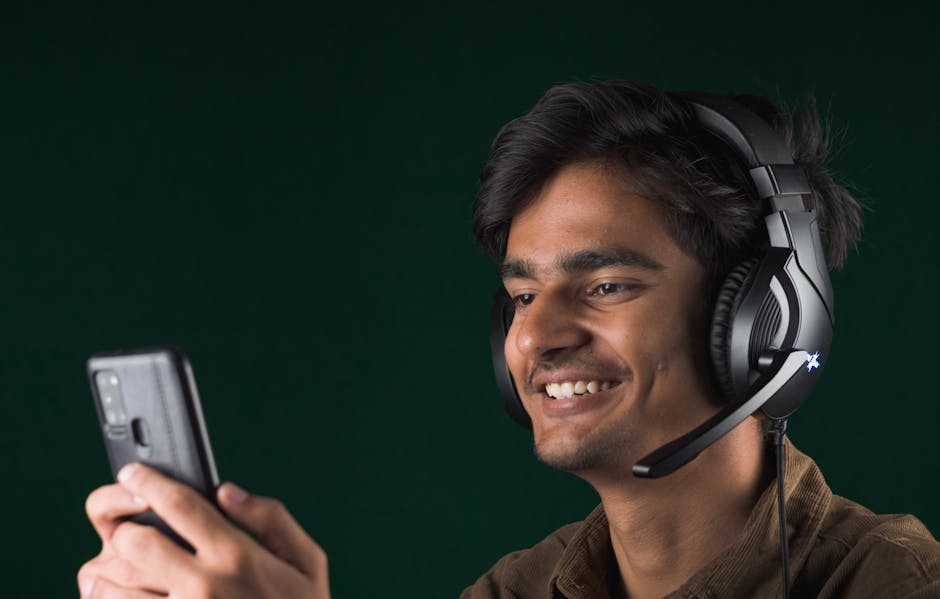The digital landscape has irrevocably reshaped the music and entertainment industries, with social media emerging as a potent force. Far from simply a platform for sharing fleeting moments, social media acts as a dynamic ecosystem, shaping artist narratives, fostering fan engagement, and fundamentally altering how content is created, consumed, and monetized. Understanding its influence is crucial for anyone navigating this modern creative sphere.
A pivotal role social media plays is its function as a democratizing force. Previously, music and entertainment access was largely controlled by gatekeepers record labels, producers, and critics. Today, independent artists can leverage platforms like TikTok and Instagram to reach a global audience directly, bypassing traditional intermediaries. This empowers emerging talents and fosters a diverse range of artistic expressions, potentially leading to the discovery of genuinely unique voices. Musicians can showcase their work, build communities of passionate listeners, and create a personal brand that transcends physical limitations. This democratization isn’t just about artists; it also benefits fans, providing a direct conduit to their favorite performers.
Beyond democratization, social media has become an indispensable tool for promoting and marketing musical acts and entertainment. Targeted advertising and sophisticated algorithms help artists reach specific demographics with curated content, thereby maximizing their reach. An artist’s social media presence, encompassing carefully crafted imagery and compelling narratives, can be integral to building an identifiable persona and driving album sales or streaming numbers. This tailored approach allows artists to engage with their audience on a personal level, building anticipation and fostering a sense of community surrounding their work. Live performances are increasingly integrated into social media strategies, with platforms streaming concerts and behind-the-scenes content, thus further expanding the artist’s reach and audience engagement.
However, the influence extends beyond the promotional sphere. Social media allows for real-time fan engagement and direct feedback. An artist can gauge public response to new music, gather suggestions for future releases, and directly address fan concerns or queries, creating a symbiotic relationship between artist and audience. Music videos, for instance, can be instantly shared and discussed, fostering a collective experience that can influence future creative choices. Interactive elements, from polls to Q&A sessions, enable artists to actively involve their followers in their creative process. This two-way dialogue, characteristic of social media, significantly alters the traditional one-way relationship between artist and audience.
Yet, the digital realm also presents unique challenges. The relentless nature of social media demands constant engagement, potentially blurring the line between genuine creative expression and calculated promotion. The pressure to maintain an aesthetically appealing online presence, coupled with the pervasive negativity that can be found online, can take a toll on artists, impacting their mental wellbeing. The constant need for validation and the fear of missing out (FOMO) can exert considerable pressure, even contributing to performance anxiety. Furthermore, concerns regarding authenticity versus carefully constructed online personas are paramount in the field of entertainment.
Content creation itself has been revolutionized by social media. Short-form video platforms like TikTok have provided opportunities for musical creativity on an unprecedented scale. Artists can create engaging, viral content that not only introduces their music but also highlights their personalities and creativity, generating interest in extended content. Visual storytelling has become increasingly intertwined with music, allowing for a more dynamic and engaging presentation of musical acts and performances. Moreover, the sharing of behind-the-scenes footage and personal moments provides a sense of intimacy and connection, strengthening the bond between artists and their followers.
Another significant aspect is the fostering of collaboration. Artists can discover new collaborators, share creative ideas, and potentially form partnerships through social media platforms. The global reach of social media transcends geographical limitations, allowing connections that previously would have been difficult to make. This collaborative spirit can lead to novel musical fusions and collaborations, broadening the horizons of musical creativity and innovation.
Social media’s effect extends beyond individual artists to the entire music industry. Record labels and streaming services utilize these platforms for targeted marketing campaigns, artist discovery, and community building. This integration of traditional industry practices with social media tools allows for more refined and efficient operations, ultimately impacting the distribution and consumption of music.
In conclusion, social media’s impact on music and entertainment is profound and multifaceted. It empowers artists, facilitates fan engagement, transforms marketing strategies, and even reshapes the creative process itself. While challenges such as authenticity concerns and the pressure to constantly engage exist, the opportunities for creativity, collaboration, and global reach are undeniable. As social media continues to evolve, its role in the future of music and entertainment will undoubtedly remain crucial, continuing to shape the way we listen, create, and experience the art forms that we love. Ultimately, social media offers a potent tool for artists to connect, engage and evolve, making the entertainment landscape richer and more accessible than ever before.
